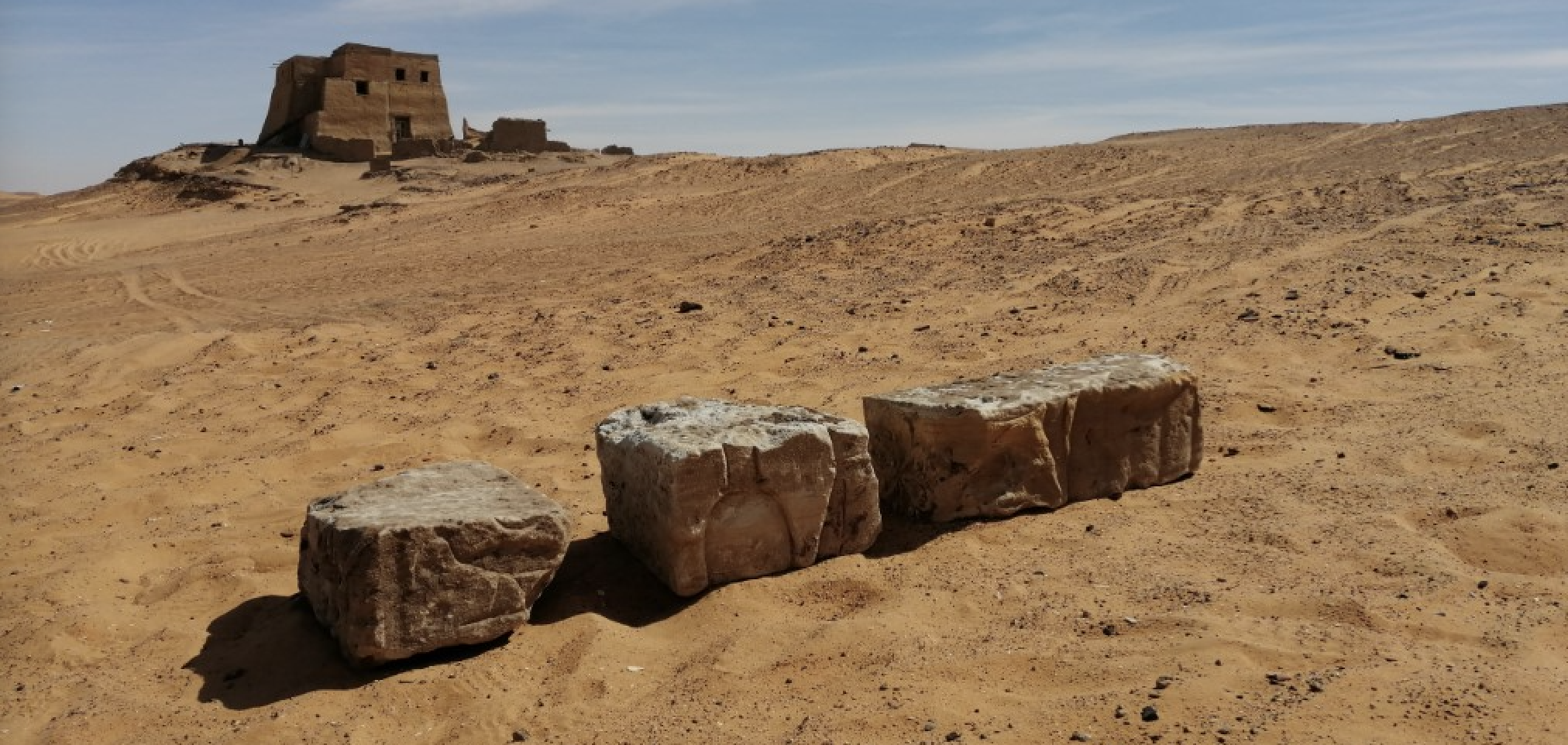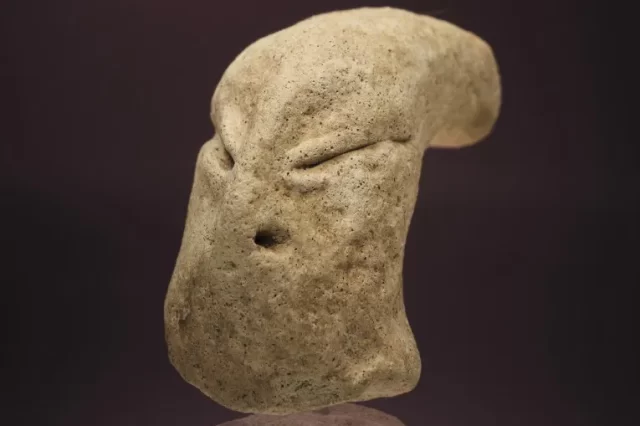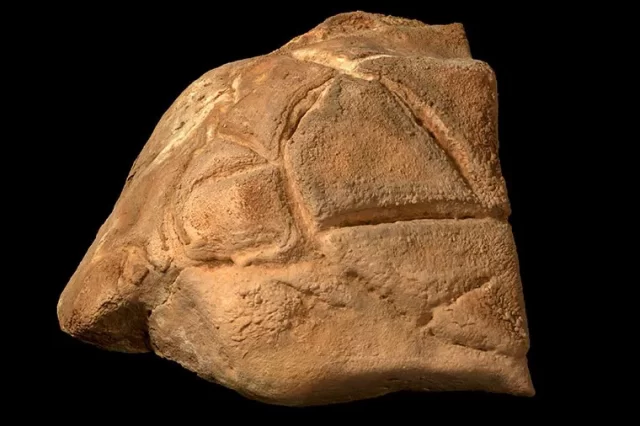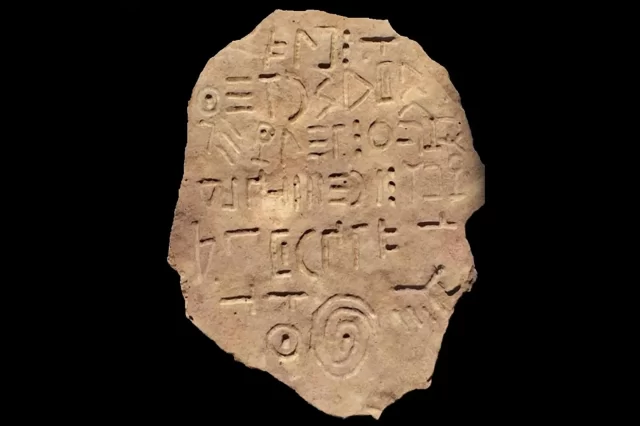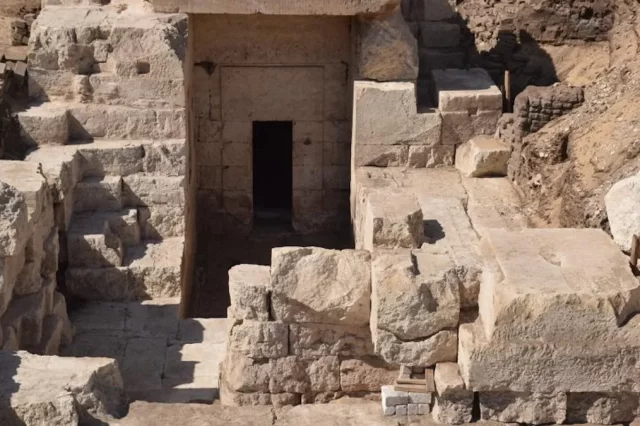Archaeologists have recently unearthed the remains of an ancient temple dating back 2,700 years in Old Dongola, Sudan. The discovery sheds new light on the religious practices of the Kush kingdom, which once ruled over a vast area encompassing modern-day Sudan, Egypt, and parts of the Middle East. The temple, found within a medieval citadel, featured stone blocks adorned with hieroglyphics and inscriptions, including references to the god Amun-Ra.
Archaeologists have made a groundbreaking discovery in Old Dongola, Sudan, uncovering the remains of a temple that is believed to date back to approximately 2,700 years ago. The temple was constructed during a time when the Kush Kingdom ruled over a large area encompassing Egypt, Sudan, and parts of the Middle East.
The temple’s remains were found within a medieval citadel in Old Dongola, located between the Nile River’s third and fourth cataracts. Some of the temple’s stone blocks were adorned with intricate hieroglyphic inscriptions and images. Experts who analyzed the iconography and writing noted that the structure likely dates back to the first half of the first millennium BC.
A noteworthy find
This discovery is particularly noteworthy since no finds from this time period had previously been discovered in Old Dongola. Researchers from the Polish Centre of Mediterranean Archaeology at the University of Warsaw made the discovery, noting that the temple’s remains contained fragments of inscriptions. These included references to Amun-Ra of Kawa, a god worshipped in both Kush and Egypt.
The precise origins of the temple remain unclear. It is uncertain whether the blocks originated from the temple at Kawa or if they were transported to Old Dongola from elsewhere, such as Gebel Barkal, another site in Sudan that boasts several temples and pyramids. Professor Julia Budka from the Ludwig Maximilian University of Munich, who has conducted extensive research in Sudan, described the discovery as “very important” and noted that it raises several important questions that will need to be explored through further research.
A significant contribution
Despite the questions that remain unanswered, this discovery is a significant contribution to the body of knowledge surrounding ancient Sudanese and Egyptian civilizations. By shedding light on the religious practices and architectural styles of the Kush Kingdom, this discovery will allow researchers to deepen their understanding of the ways in which this society was structured and how it interacted with other regional powers.
The excavation of the temple site in Old Dongola is ongoing and led by Artur Obłuski, an archaeologist from the Polish Centre of Mediterranean Archaeology. As researchers continue to investigate the site and piece together the temple’s origins and significance, we can expect to learn more about religious architecture’s role in the ancient world and how it was used to forge political and social ties.
PLEASE READ: Have something to add? Visit Curiosmos on Facebook. Join the discussion in our mobile Telegram group. Also, follow us on Google News. Interesting in history, mysteries, and more? Visit Ancient Library’s Telegram group and become part of an exclusive group.

